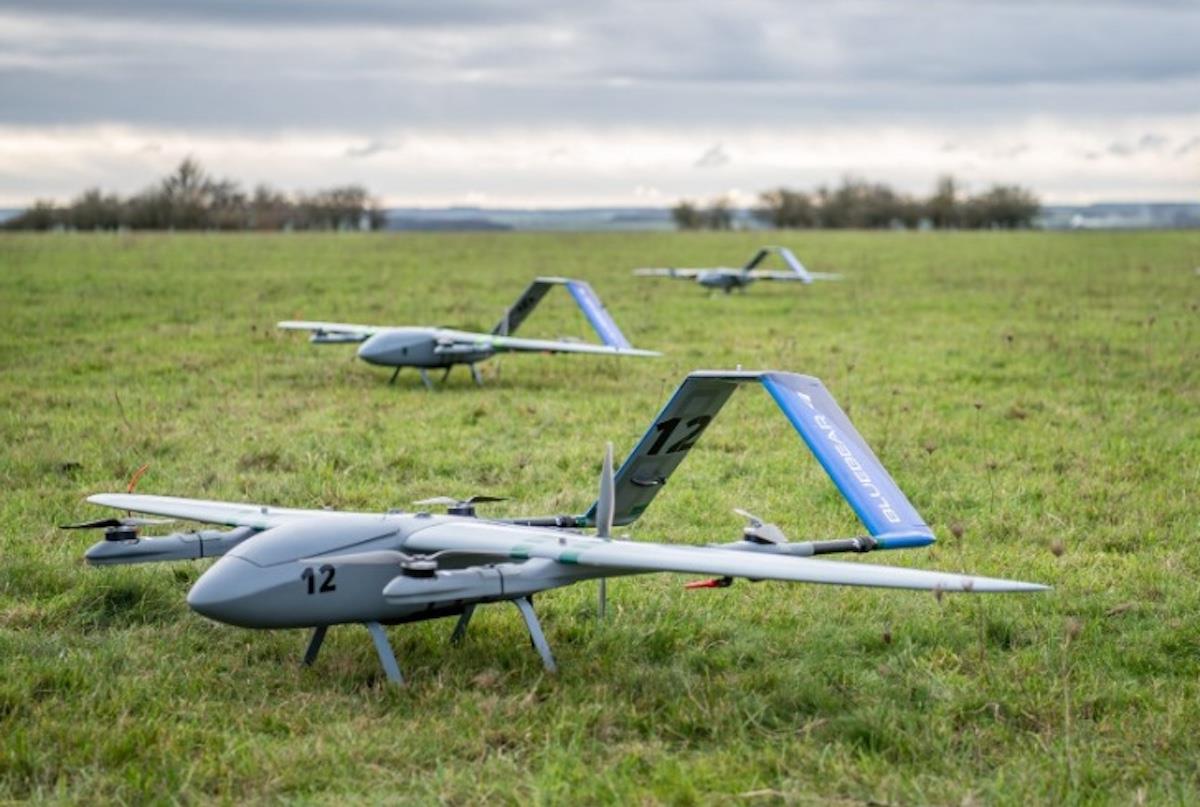
AUKUS AI Drones Shadowed By China's Tech Supremacy
This month, the UK's Defense Science and Technology Laboratory (DSTL) reported that the AUKUS nations – Australia, the UK and the US – have successfully tested AI-enabled uncrewed aerial vehicles (UAVs) that empower human operators to detect and neutralize ground targets.
DSTL says that the trial, part of the AUKUS Resilient and Autonomous Artificial Intelligence Technologies (RAAIT) series, marks the first real-time military application of autonomous and AI sensing systems.
The source says that the exercise, conducted during the annual US-hosted Project Convergence, showcased collaborative AI and autonomy, significantly reducing target identification time and minimizing risk to personnel.
It also mentions that the exercise highlighted the potential for protecting military assets from electronic warfare and GPS attacks, demonstrating enhanced interoperability and access to advanced AI among the AUKUS nations.
Commodore Rachel Singleton, head of the AUKUS Defence Artificial Intelligence Center (DAIC), emphasized the importance of interoperable systems developed across the three nations, as quoted by DSTL.
The source says that the technology, rapidly advancing since its first UK trial in April 2023, aims to provide the military with an operational edge against evolving threats.
These collaborative efforts may be part of AUKUS Pillar II , which focuses on advanced military capabilities such as cyber capabilities, AI and autonomy, quantum technologies, undersea capabilities, hypersonics and counter-hypersonics, and electronic warfare capabilities.
While small drones have proven to be devastating weapons in the ongoing Ukraine war, AUKUS has arguably been slow to adopt the weapons as a centerpiece of the tech-driven alliance.
The bloc faces significant challenges in adopting small drones, including high production costs, competition from Chinese manufacturers, dependency on Chinese components and resource competition from other projects.

Legal Disclaimer:
MENAFN provides the
information “as is” without warranty of any kind. We do not accept
any responsibility or liability for the accuracy, content, images,
videos, licenses, completeness, legality, or reliability of the information
contained in this article. If you have any complaints or copyright
issues related to this article, kindly contact the provider above.





















Comments
No comment